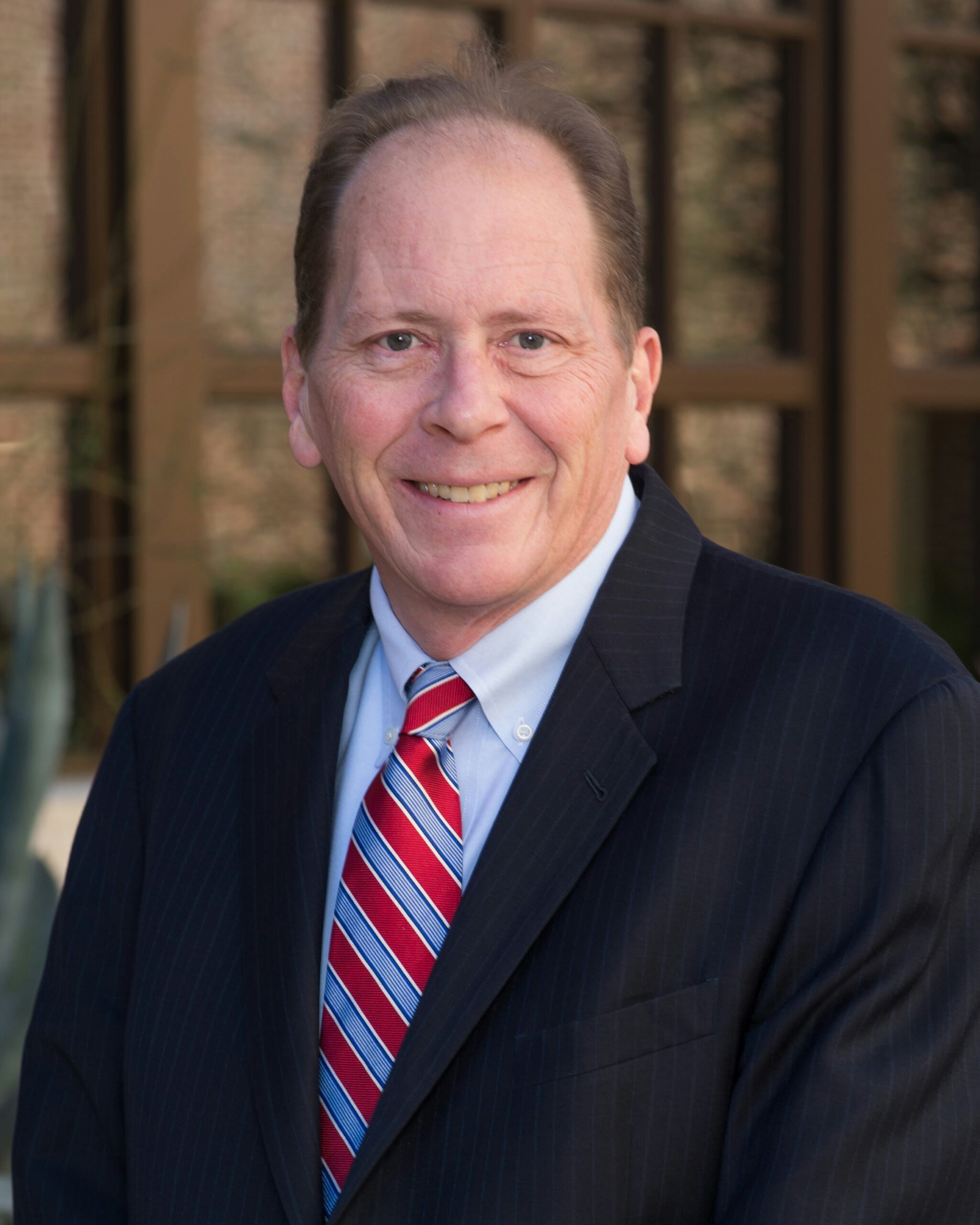The United Nations World Food Programme (WFP) announced that North Korea is again facing food shortages and called for the lifting of some economic sanctions to provide humanitarian relief.
The United Nations World Food Programme (WFP) announced that North Korea is again facing food shortages and called for the lifting of some economic sanctions to provide humanitarian relief.
A combination of bad weather and an inefficient and corrupt economic system has made North Korea’s inability to feed its people a perennial problem, most notoriously in the 1990s, when hundreds of thousands and perhaps millions died of starvation.
In the two decades since the great famine, some things have changed. While the country has remained a brutal dictatorship, now under the control of a third generation of tyrants from the Kim family, the economy has become somewhat more open. Black markets known as jangmadang have sprung up because the regime has failed to provide food for its people. For North Koreans with the means, the market has become an important source of nourishment.
The United States has placed a variety of economic sanctions on North Korea for its horrendous human rights record and its ongoing drive to secure nuclear weapons. Internationally, many countries have also stepped up their own economic sanctions. While the sanctions haven’t been airtight, they have had an impact, even though China continues to be Pyongyang’s most solid supporter and trading partner.
How should the United States and others respond to the WFP’s call for assistance?
It may surprise many to learn that the U.S. government (and private charities) have provided aid to North Korea in the past. According to the nonpartisan Congressional Research Service, between 1995 and 2008, the U.S. government supplied more than $1.3 billion in assistance, about half of which was food. Assistance largely ceased after North Korea violated the terms of the Six-Party Talks, which placed limits on the nuclear program in exchange for economic assistance.
In my view, the United States should join with others to address human suffering, putting politics aside wherever possible. But as with everything related to North Korea, it’s not as simple as putting food on a plane and sending it there. Historically, when the United States and other donors have sent relief supplies to North Korea, once it arrives, it goes solely to the elites. Those with political clout or the military have had first claim on food, medicine, and other supplies from abroad.
North Korea has always resisted the ability of foreign public and private donors to monitor humanitarian assistance. Without international monitoring – which is commonplace everywhere else in the world – there is no way to know if assistance is actually helping those most in need.
This would seem to be a golden opportunity for President Donald Trump, who often speaks of his strong relationship with Dictator Kim Jong-Un. If indeed the two have established a rapport, the president should pressure his friend to pledge to allow some sort of international monitoring of assistance.
Even without such a guarantee, I believe we should try to help. Every human life is precious. And over the long term, we must continue to press for real change and reform in North Korea. Ultimately, we will only resolve North Korea’s strategic threat when it begins to abide by international standards of human rights and how to treat its people. Only then will North Korea be able to develop economically and dependably provide for its people’s needs.






























